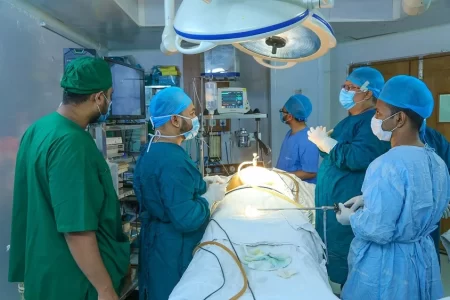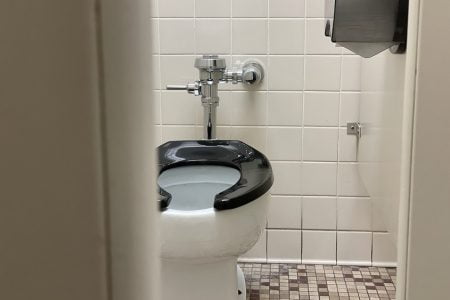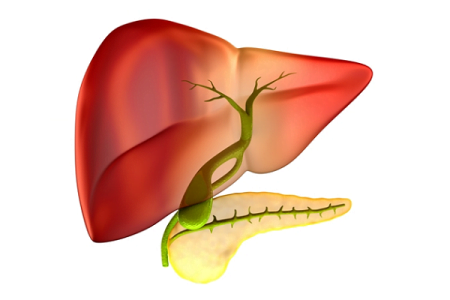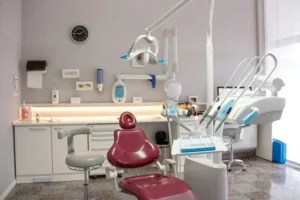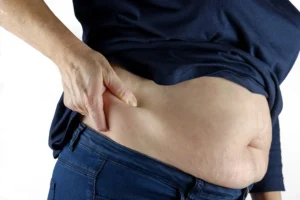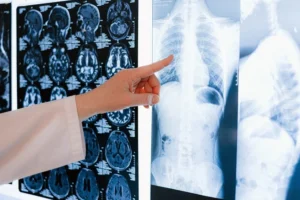What Happens When You Have Your Gallbladder Removed?
- Updated on: Jul 12, 2024
- 3 min Read
- Published on Oct 3, 2019
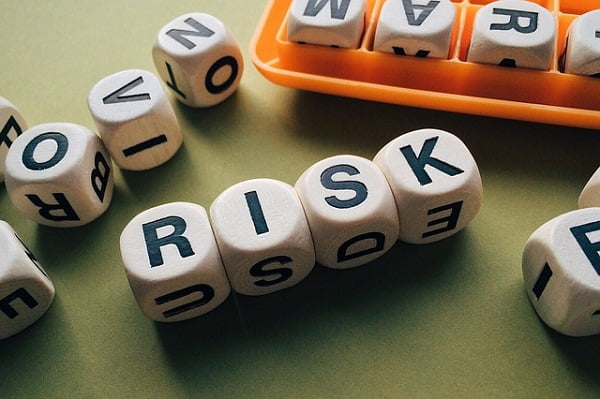

Do you need a gallbladder?
The gallbladder is a pear shaped hollow sac that sits right below the liver and stores and concentrates the bile produced by the liver. The typical composition of bile is water, lecithin, bile salts and cholesterol. When you take meal or eat something, the gallbladder releases a surge of bile into the small intestine to help in digestion of fat and absorption of other nutrients including vitamin A, D, E and k as well as fatty acids.
Because the gallbladder only stores the bile produced by the liver and does not produce any digestive enzyme or chemical of its own, you can live without a gallbladder. But the gallbladder serves to store and increase the potency of bile through concentrating it, so your body can better emulsify and digest the fat and instantly release the bile when you eat.
Though the liver produces the bile but it is unable to store it and have sufficient quantity for each meal. After removal of your gallbladder, continuous flow of dilute bile into the intestine can lead to digestive problems. Sometimes, it causes persistent diarrhoea in some individuals.
So, do you really need a gallbladder? Absolutely yes! Even though you can live without a gallbladder, it does serve an important function with specific purpose in your overall health.
Read about gallbladder anatomy, location, and function.
How serious is gallbladder removal surgery (cholecystectomy)? What are the risks and complications associated with gallbladder removal surgery?
Like all operations, there is a small risk of complication with gallbladder removal surgery, but it is considered a relatively safe procedure and you can quickly return to your normal activities.
Before undergoing any type of surgery – either laparoscopic or open gallbladder surgery, you should ask your doctor about his/her training and experience. Your doctor will perform a complete physical examination and will see the history, prior to the surgery, to reduce these risks.
The most common risks for gallbladder removal surgery include:
- Infection
- Bleeding
- Blood clotting
- Bile leakage
- Injury to the common bile duct
- Allergic reaction to anaesthesia and other drugs
- Heart problems
- Pancreatitis
- Injury to the small intestine by the tools used during surgery
- Injuries to the liver and other major blood vessels in the belly
- Pneumonia related to longer recovery period after open surgery
After cholecystectomy (gallbladder removal surgery), you may have experiences of ongoing symptoms, such as abdominal pain, bloating, gas or diarrhoea. This is called postcholecystectomy syndrome. These symptoms are treatable with medicines.
More: What is gallbladder removal surgery? How is gallbladder removed surgically?
More: What causes pain in your gallbladder? What are the characteristics of gallbladder pain?
What are gallbladder removal side effects? What are gallbladder surgery side effects?
Side effects after a cholecystectomy or gallbladder removal can be immediate and related to the surgery or long-term and related to the physical changes after the surgery and complications of the surgery or any pre-existing condition. Main side effects of gallbladder surgery (gallbladder removal) are:
Pain
The degree and intensity of pain after surgery largely depends on the method of the surgery performed. Pain at the site of the incision may occur after both types of surgeries for the gallbladder removal – laparoscopic and open. But pain is more of an issue if you had an open surgery.
Short term side effects
You may feel tired after surgery, and this is often due to anaesthesia. You may also experience weakness and fatigue, due to lack of food or fluids in the body, hours before, during surgery and after the surgery.
Nausea and vomiting may occur regardless of the type of the surgery performed as a side effect of anaesthesia.
Constipation is also experienced in some individuals due to anaesthesia or pain medications.
Long term side effects
A small percentage of people who get cholecystectomy may experience some gastrointestinal symptoms which either continue or start after the surgery. These symptoms may include:
- Nausea
- Diarrhoea
- Gas
- Bloating
- Abdominal pain
These symptoms are supposed to be caused by the change in bile flow that occurs after surgery. Surgical complications such as bile duct injury might also cause these symptoms.
A more common side effect of gallbladder removal encountered is decrease in secretion of the bile. People also have difficulty in digesting fatty foods after gallbladder removal.
More: Gallstones: Symptoms, Causes, Diagnosis, Risks, Treatment, and Complications
Can you die from a gallbladder operation?
According to the American College of Surgeons, at most only one out of every 1,000 patients dies during gallbladder removal. Factors that might contribute to increasing the risk of death include gangrene, a burst gallbladder or severe diseases.
Deaths, during a gallbladder operation, mainly happen through infection and sepsis cause due to injury to the intestine, liver or other organs during surgical procedure.
Thought the mortality rate after gallbladder removal is very small, it is relatively higher for certain patients, such as elderly or those with heart and chest problems.





